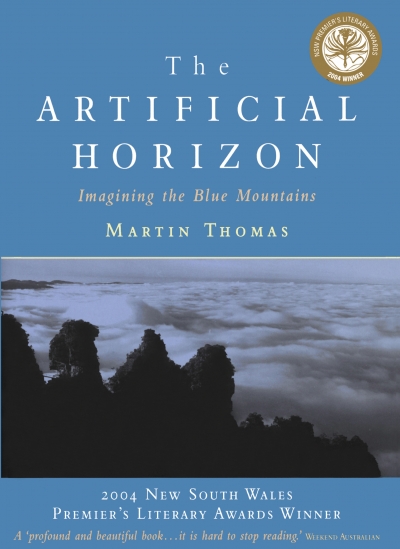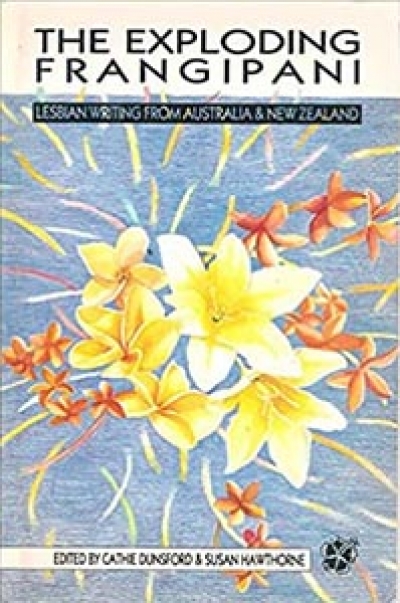Accessibility Tools
- Content scaling 100%
- Font size 100%
- Line height 100%
- Letter spacing 100%
Martin Thomas
The ABR Podcast
Released every Thursday, the ABR podcast features our finest reviews, poetry, fiction, interviews, and commentary.
Subscribe via iTunes, Stitcher, Google, or Spotify, or search for ‘The ABR Podcast’ on your favourite podcast app.
The red thread: Xi Jinping’s ideology of power
by Neil Thomas
This week on The ABR Podcast, Neil Thomas reviews On Xi Jinping: How Xi’s Marxist Nationalism is shaping China and the world by Kevin Rudd. Thomas explains that even China watchers find it hard to be clear on the thoughts and plans of the leader of the Chinese Communist Party. They disagree, he tells us, on basic, critical questions, such as for how long Xi will rule. ‘Enter Kevin Rudd’, Thomas writes. ‘In his latest book, former prime minister Kevin Rudd adds a worthy new chapter to his life of public service, digesting thousands of pages of “Xi Jinping Thought” so that you do not have to’. Neil Thomas is a Fellow on Chinese Politics at Asia Society Policy Institute’s Center for China Analysis in Washington DC. Here is Neil Thomas with 'The red thread: Xi Jinping's ideology of power' by Neil Thomas, published in the December issue of ABR.
Recent episodes:
The morgue in Gunbalanya holds no more than half a dozen corpses – and, as usual, it was full. When the Old Man died in the wet season of 2012, they had to fly him to Darwin, only to discover that the morgue there was already overcrowded. So they moved him again, this time to Katherine, where they put him on ice until the funeral. The hot climate notwithstanding, things can move at glacial speed in the Northern Territory, where the wags tell you that NT stands for ‘Not today, not tomorrow’. The big departure had stalked and yet eluded the Old Man in recent years. Now he would wait six months for his burial. Only then would he be properly ‘finished up’, as they say in Gunbalanya, a place rich in many things: poverty, and euphemisms for death, among them.
... (read more)


